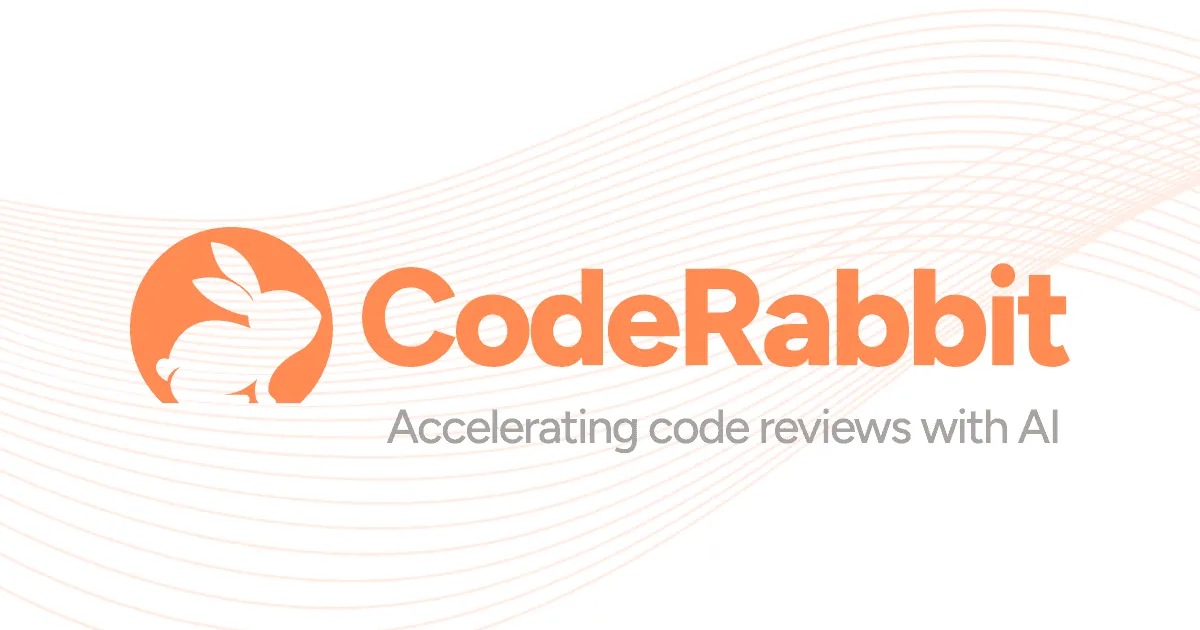AI code review startup CodeRabbit hits $550 million valuation

When Harjot Gill launched FluxNinja, an observability startup he co-founded after selling his first company Netsil to Nutanix in 2018, he didn’t expect his next big idea would emerge from watching his own engineers at work.
“We had a team of remote engineers who were starting to adopt AI code generation on GitHub Copilot,” Gill told TechCrunch. “We saw that adoption happen, and it was very clear to me that as a second-order effect, it’s going to cause bottlenecks in the code review.”
That insight led Gill to found CodeRabbit in early 2023, an AI-powered platform designed to streamline code reviews. The new venture later absorbed FluxNinja, and Gill’s prediction has quickly been validated. Developers have embraced AI coding assistants, but the tradeoff has been a surge in buggy, error-prone code that takes up valuable engineering time.
A Business Growing at Startup Speed
CodeRabbit’s platform automatically scans codebases, identifies issues, and provides feedback—acting, in Gill’s words, “like a coworker.” The company claims its customers can reduce human code review staffing needs by up to 50%.
That pitch is resonating. CodeRabbit reports monthly growth of around 20% and has surpassed $15 million in annual recurring revenue (ARR). On Tuesday, the company announced a $60 million Series B, valuing it at $550 million. The round, led by Scale Venture Partners, included NVentures (Nvidia’s investment arm) and returning backer CRV, bringing CodeRabbit’s total funding to $88 million.
More than 8,000 businesses, including Chegg, Groupon, and Mercury, now rely on CodeRabbit to manage the increasingly complex and time-consuming task of reviewing AI-generated code. At $30 per seat, thousands of developers appear willing to pay for a tool that promises faster, more reliable code checks.
Competition Heats Up in AI Code Review
CodeRabbit isn’t alone in seeing this opportunity. Competitors include Graphite, which raised $52 million in a Series B earlier this year, and Greptile, reportedly in talks for a $30 million Series A with Benchmark. Larger AI players like Anthropic (Claude Code) and Cursor are also expanding into code review, bundling it into broader developer tools.
Gill, however, believes specialization will win. “CodeRabbit is a lot more comprehensive in terms of depth and technical breadth than bundled solutions,” he said.
The Future of Code Review
For all the enthusiasm, AI code review still has limitations. Even advanced systems can’t fully “fix” the flawed or unusable code produced by generative AI tools. The challenge is serious enough that some companies have introduced a new role: the “vibe code cleanup specialist,” tasked with smoothing out the rough edges of machine-generated code.
Whether AI will eventually master both writing and reviewing code remains to be seen. But in the meantime, CodeRabbit has carved out a fast-growing niche by tackling the unintended side effects of AI coding assistants—turning bottlenecks into business.





